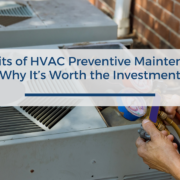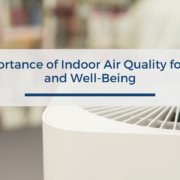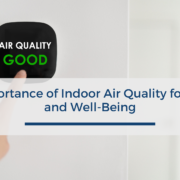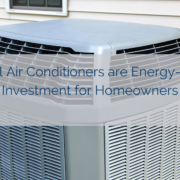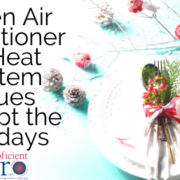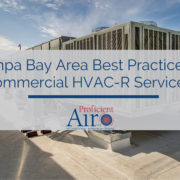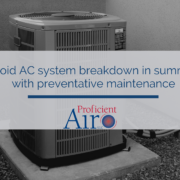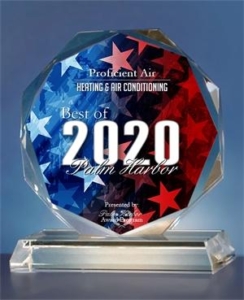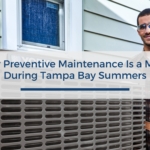Why ‘Bigger is Better’ Doesn’t Work for AC Units in Florida
You’ve probably heard the saying, “Go big or go home.” But when it comes to air conditioning in Florida, bigger isn’t better. It’s a costly mistake.
Many people think a larger AC will cool their space faster or keep up with the sweltering heat. It might seem logical at first, but it’ll leave you sweating and frustrated. Let’s break down why oversized AC units backfire in Florida’s climate and how to choose the right system for true comfort.
The Hidden Problems with Oversized AC Units
1. Short Cycling – An oversized AC cools your space too quickly, which might sound like a good thing… until it shuts off just as fast. This is called short cycling, and it’s a big problem.
The system never runs long enough to remove humidity from the air or reach peak efficiency. All that stopping and starting also wears down parts faster, leading to more frequent repairs and a shorter lifespan for your unit.
2. Poor Humidity Control – Florida’s humidity is no joke. On top of cooling your space, your AC is supposed to pull moisture from the air. But when your system is too big, it doesn’t run long enough to dehumidify properly.
The result? Your air feels cold but clammy. You might even notice a musty smell or more mold and mildew, especially in vacation homes that sit empty for months.
3. Higher Energy Use – You might think a more powerful unit is more efficient. But short bursts of power use more electricity than steady, moderate use. Oversized ACs cycle on and off too often, making them less energy-efficient in the long run.
4. Increased Wear and Tear – Constant on/off cycle stresses the system. Key parts like the compressor and fan motor wear out faster, leading to frequent repairs and premature replacement.
Why This Matters Even More in Florida
In Florida, the climate is hot, humid, and unforgiving. ACs here work overtime 8–10 months a year. That said, AC sizing is even more important.
Here’s why:
- High humidity requires systems that run long enough to dehumidify the air
- Extended cooling seasons mean your system works hard for most of the year
- Energy costs in a hot climate can quickly add up if your unit isn’t running efficiently
So, What Size AC Do You Actually Need?
You can’t guess the right size based on square footage alone. That’s where a Manual J Load Calculation comes in.
HVAC pros use this method to determine the ideal AC size by factoring in:
- Size and layout of your home
- Insulation levels
- Window type and placement
- Ceiling height
- Sun exposure
- Number of occupants
- And more
Final Thoughts
In Florida, bigger is not always better when it comes to air conditioning. Choosing the right-sized unit for your home or office is crucial to staying comfortable, saving money, and prolonging the lifespan of your system.
If you’re unsure whether your AC unit is the right size, don’t hesitate to contact a professional for an assessment. Ensuring your AC is properly sized will allow you to enjoy cool, efficient comfort all year.


